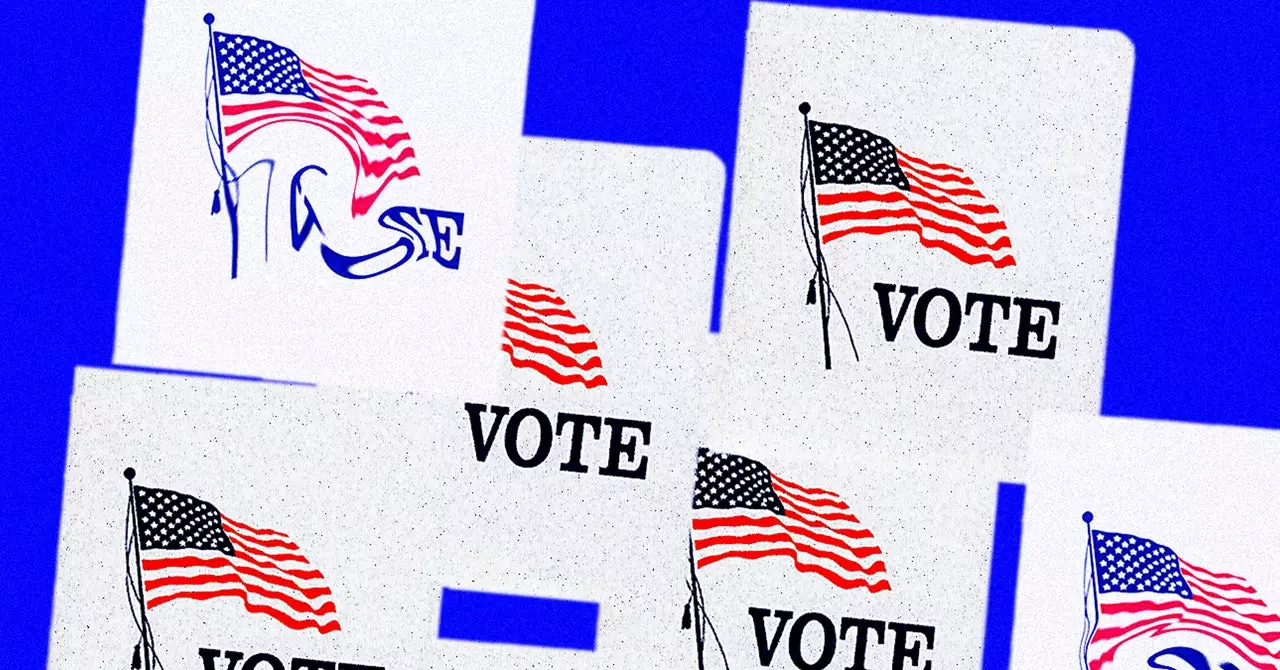In the realm of politics, the use of AI tools like BattlegroundAI raises serious ethical concerns. The idea that AI can sometimes generate content that is inaccurate or even completely fabricated is a cause for alarm. The notion that AI can “hallucinate” information and create content without human oversight is a significant challenge for politicians who are considering using such tools.
While the creator of BattlegroundAI, Hutchinson, claims that the generated content is meant to be a starting point and requires human review and approval before dissemination, the question of ensuring accuracy remains. The reliance on humans to review the content may not be foolproof, as errors or misinformation can still slip through the cracks. The fear that politicians might inadvertently spread false information through AI-generated content looms large.
Implications for Public Trust
The debate around AI in politics extends beyond just accuracy concerns. There is a growing movement questioning the ethical implications of companies using AI to train their products on creative works without consent. The use of AI in political messaging can erode public trust in the authenticity of the content they are exposed to. The fear that AI-generated content might contribute to increased cynicism and distrust among the public is a valid concern that cannot be ignored.
Human Labor vs. Automation
Advocates of AI in politics argue that these tools are not meant to replace human labor but rather to streamline processes and reduce mundane tasks. Hutchinson emphasizes that BattlegroundAI is intended to alleviate the burden on overworked and underfunded campaign teams by handling repetitive tasks and freeing up time for more creative endeavors. However, critics worry that the automation of ad copywriting could lead to a loss of human touch and genuine messaging in political campaigns.
As the progressive movement often aligns itself with labor interests, objections to the automation of ad copywriting from this sector are to be expected. The fear that AI might take over jobs and diminish the importance of human input in political messaging is a valid concern. The ethical implications of removing the human element from campaign strategies raise questions about the impact on political discourse and representation.
One proposed solution to the ethical challenges posed by AI in political content creation is increased transparency and regulation. The idea that all AI-generated content should be disclosed to the public is a potential safeguard against misinformation and manipulation. However, enforcing such regulations and ensuring compliance across all political communications remains a complex and daunting task.
The integration of AI tools like BattlegroundAI in political campaigns sparks a critical conversation about ethics, transparency, and the future of political messaging. The potential benefits of automating certain tasks must be weighed against the risks of misinformation, erosion of trust, and the marginalization of human creativity. As technology continues to evolve, finding a balance between innovation and ethics in political content creation becomes increasingly urgent.


Leave a Reply